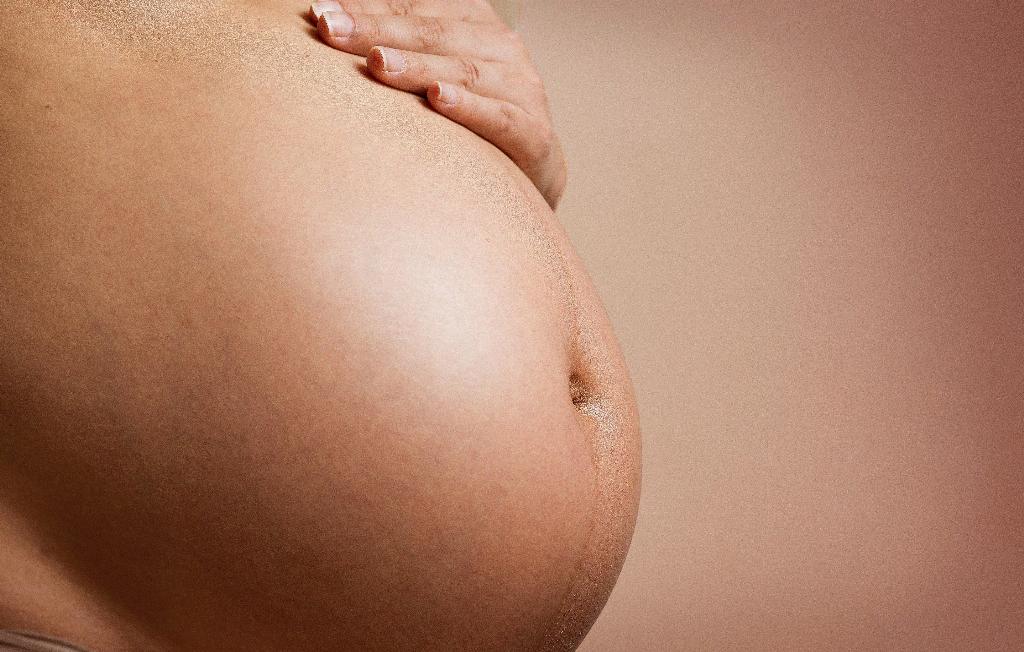One of the most common questions that women ask when they suspect they may be pregnant is when should they take a pregnancy test. It’s important to understand that the timing of a pregnancy test is crucial in order to get accurate results. Let’s delve into the specifics and shed some light on this topic.
Understanding the Menstrual Cycle
Before we discuss the right day for a pregnancy test, it’s essential to have a basic understanding of the menstrual cycle. The menstrual cycle typically lasts around 28 days, although it can vary from woman to woman. Day one of the cycle is considered the first day of your period.
Implantation and Hormone Production
Once fertilization occurs, the fertilized egg travels through the fallopian tube and implants itself into the uterine wall. This process triggers the production of human chorionic gonadotropin (HCG) hormone, also known as the pregnancy hormone. It is this hormone that pregnancy tests detect.
The Role of HCG in Pregnancy Tests
Pregnancy tests work by detecting the presence of HCG in your urine or blood. However, it takes time for the hormone levels to rise high enough to be detected by a test. This is why testing too early can result in a false negative, even if you are pregnant.
The Right Timing for a Pregnancy Test
The ideal time to take a pregnancy test is after you have missed your period. By waiting until the first day of your missed period, you give your body enough time to produce sufficient levels of HCG for the test to detect. Testing too early can lead to inaccurate results.
Accuracy of Early Pregnancy Tests
While some pregnancy tests claim to provide accurate results before your missed period, the truth is that their accuracy may vary. Waiting until after you have missed your period increases the likelihood of getting a reliable result.
Factors Affecting Test Accuracy
Various factors can influence the accuracy of a pregnancy test, such as the sensitivity of the test, the time of day you test, and how closely you follow the instructions. It’s crucial to read the test’s instructions carefully to ensure accurate results.
Consulting a Healthcare Provider
If you are unsure about when to take a pregnancy test or if you have irregular periods, it’s advisable to consult a healthcare provider. They can provide guidance on the best time to test based on your individual circumstances.
Considerations for Early Testing
While waiting until after your missed period is recommended for the most accurate results, some women may choose to test early due to various reasons. Keep in mind that early testing may lead to false negatives, and it’s essential to repeat the test if you still suspect you may be pregnant.
Emotional Considerations
The anticipation and anxiety surrounding a pregnancy test can be overwhelming. It’s essential to take care of your emotional well-being during this time and reach out to loved ones or a healthcare provider for support.
Final Thoughts
In conclusion, the right day for a pregnancy test is after you have missed your period. By waiting until this time, you increase the likelihood of getting accurate results. Remember to follow the test’s instructions carefully and seek medical advice if needed. Stay informed, stay positive, and take care of yourself during this critical time.

